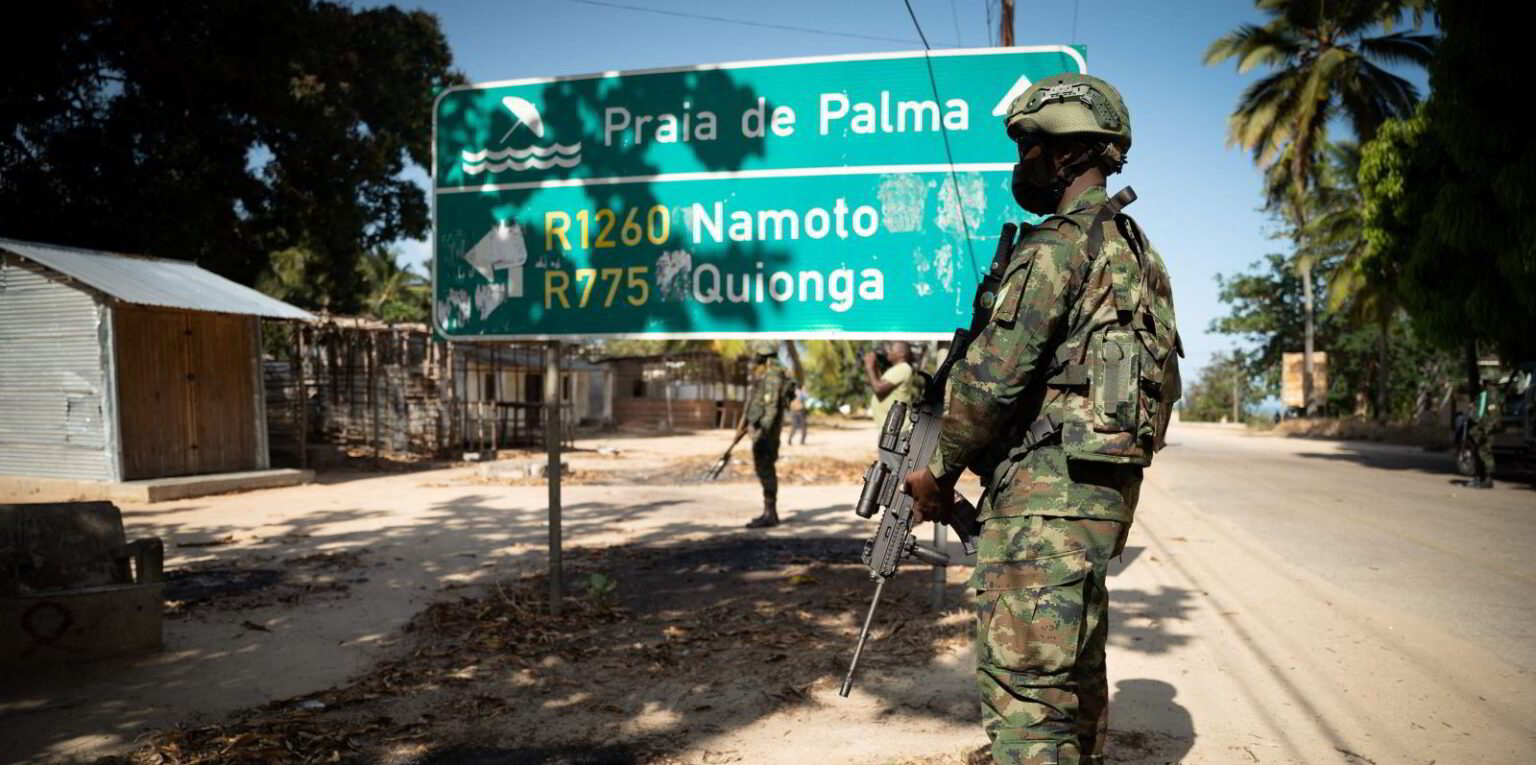Several gas finds in East Africa dating decades have suffered long delays from the time they were “found”. Lengthy negotiations and insecurity have marred the projects, delaying a final investment decision on their development. Mozambique is already fighting Islamic insurgents in its gas-rich northern province, Cabo Delgado. Economies across East Africa are losing billions of
[elementor-template id="94265"]
